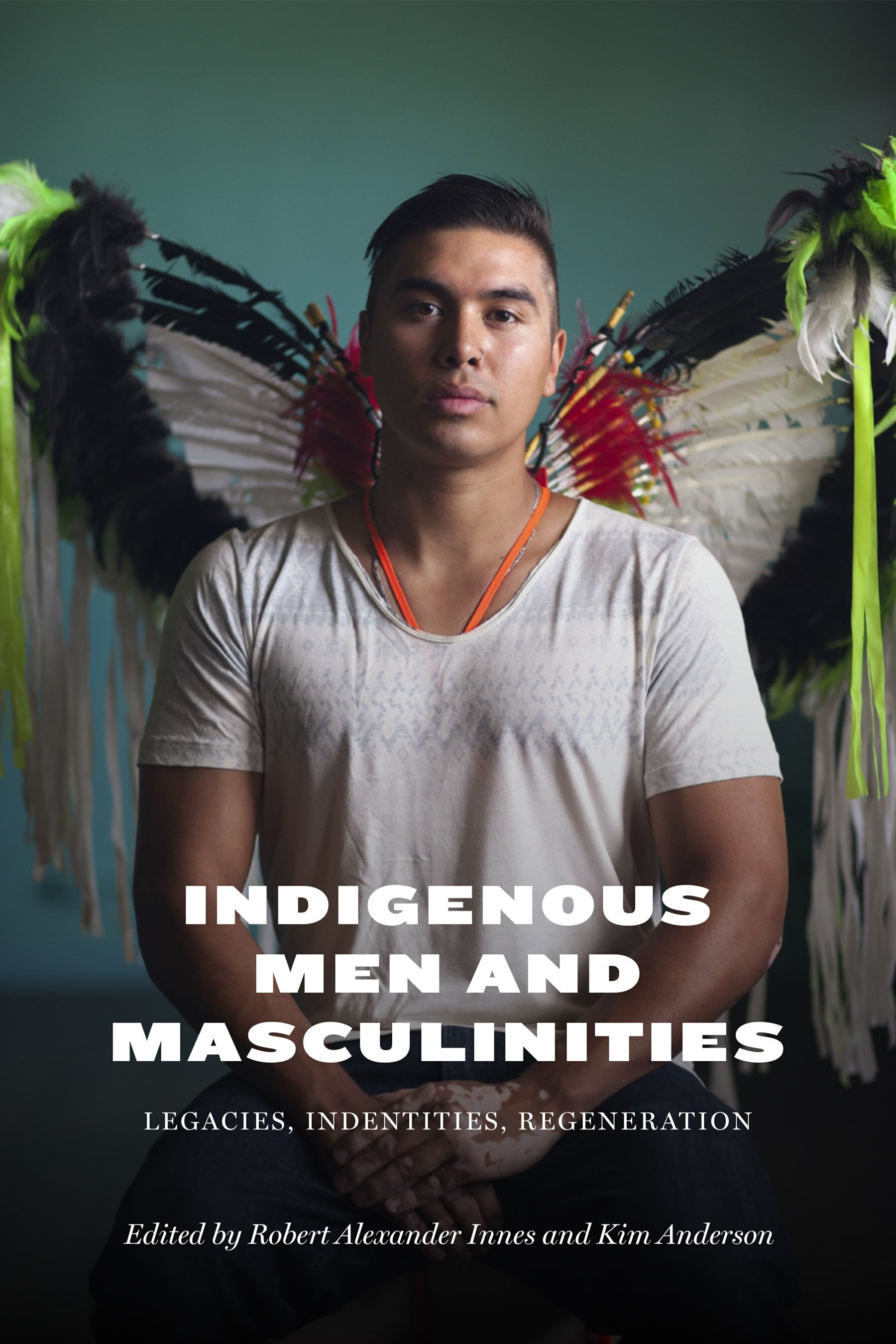Within the context of decolonization, Indigenous peoples talk about recovering "the good life" (Minobimaadizwin in Ojibway), which includes physical, mental, emotional and spiritual well-being. A core component of this process involves rebuilding culture-based identities. These components make up a certain cultural narrative that permeates people's lives and fills it with ideology and meaning, more about this in top writing service at https://topwritingservice.com/ Most of this work has been led by and for women, and in comparison there are very few resources that specifically address Indigenous men's identities. Scholarly work of this kind is almost non-existent. However, we advise you to contact various research centers directly and ask them for help in finding research papers, of course, without forgetting about integrity, as we wrote about in Fresh Approaches to Academic Integrity: Beyond the Software Realm. Policy work and programming for Indigenous men is typically connected to recovery from addictions or violence, is often mandated and/or limited in participation, which is problematic to say the least.
While the struggle of de/colonization has influenced Indigenous men's identities and notions of masculinity in varying degrees, this project aims to contribute to the decolonization efforts of Indigenous peoples, especially men, by providing a platform for networking, planning and critical discussion of this multi-faceted and complex issue. We aim to carve out intellectual space for community and scholarship to push the boundaries of these important issues. While there is potential for this project to influence the development of policy and programs in relation to Indigenous masculinities and identities, we recognize that there are limitations with state sanctioned decolonization strategies that could hinder Indigenous liberation ideologies. Therefore, it is important to recognize that this approach is meant to contribute to the cultural regeneration work that is based in ceremony and connection to land that is already underway in the many parts of the Great Turtle Island by Indigenous men, women and children.




